Through the use of Youtube and Discogs over the last few years I’ve stumbled upon different bands that existed before a much bigger band of the same name – best examples being the Asia from the US and the 2 other British bands that played under the name Iron Maiden in the ’60s and 1970. Back before the internet it was likely much more difficult for bands to realize that the band name they had chosen had already been used or was in use, and many bands probably didn’t think about the importance of registering a band name at the time. I think this sorta came to light more so in the late ’70s to early ’80s when bogus versions of Steppenwolf and Deep Purple existed, the latter being sued out of business – these bands though were related to a previous line up of the band, which in these cases was now being used by 1 former member who didn’t have the right to the name, until someone took legal action. In this series I want to point out successful bands [or in a few cases, had well known players and should’ve done better] that had names that had been previously [or still were] used by an unrelated band that also recorded.
I’ve put down 12 cases of names being re-used or taken. I’ve put the emphasis on the lesser known band, in most cases the first one(s). I’ve also provided a few links to check out. I had a list well over 20 to start, so there may be a Part 2 down the road. Check out some of these bands on youtube, and leave me some feedback in the comments.
Asia
The ‘supergroup’ named ‘Asia’ debuted in 1982, and there self-titled album was one [or the] biggest of that year. They would follow it up with another highly successful album in’83 before the band’s fortunes started to drop and non-stop personnel changes would occur with the band over the next few decades before the original band reunited for 3 albums in the 2000s. But, that Asia -featuring John Wetton [RIP], Carl Palmer, Steve Howe, and Geoff Downes had used a name that was already in use by an American band from South Dakota, another prog / hard rock 4-piece who had recorded 2 albums – 1979’s self titled, and 1980’s Armed To The Teeth, which featured a pretty cool cover drawn by the band’s guitar player . The band consisted of – Michael English – vocals, bass, percussion, Larry Galbraith – vocals, guitars, mandolin, Mike Coates – guitars, mandolin, piano, harpsichord, mellotron, background vocals, and Doug Johnson – drums, percussion [replaced John Haynes]. This Asia’s sound was based more around the twin guitar approach, great vocals and harmonies, mellotron, and lengthier prog pieces with fantasy and history based songs like “The Road Of The Kings”, “Xanadu”, “Kamikaze”, and “Genghis Khan”. Not much in the way of ‘commercial’ rock of the time here, aside from the ballad “Paladin” [issued as a single], on the 2nd album. Both worth checking out, but may as well get the CD [see link below], as original copies of the first LP are over $300 and the second – over $100, on Discogs. Anyway, also check out the link below for Mike Coates detailed account of how they were duped out of the name by the supergroup’s management, and which ultimately lead to the band’s demise.
Rock Recordings | Mikecoates (mikecoatesguitar.com)
PROGAOR / DYAMOND ROXX – ProgAOR Releases
Iron Maiden
One of the biggest bands in heavy metal history got their start in the mid ’70s, founded by bass player Steve Harris. The name was taken from the 16 century torture device [or 18th, depending on source] . However, the British metal legends were certainly not the first to the use the name for the their band. There were 3 previous bands that used the name, 2 of which, also from the UK recorded original material under, and another being a 5-piece all-female band from the mid-west USA, though I can’t say they recorded anything – but check out the link below on a brief history of the band with photos and show adverts.
The first Iron Maiden was from Basildon, Essex. This band started as a folk duo and eventually became more of a blues outfit. The band seemed to have a number of connections and brushes with opportunity. They eventually signed to the Gemini label and recorded demos in 1969 for a proposed debut album. A single was also released on Gemini in 1970. with the line-up – Steve Drewett [vocals, harmonica], Trevor Thoms [guitar, vocals], Barry Skeels [bass, vocals], and Steve Chapman [drums, who had replaced Paul Reynolds].
But when a tour of Australia was cancelled, things started to fall apart with Chapman leaving. Their recordings were eventually released under the Iron Maiden name, titled Maiden Voyage in 1998. Interesting stuff, kinda psychedelic, bluesy, a bit folky, even a bit doomy. The CD includes the band’s single, as well as 2 tracks recorded under their previous name ‘Bum’, one of which is titled “God Of Darkness”. Bass player Barry Skeels would go on to record with Zior.
Another Iron Maiden hailed from Bolton, a trio formed in 1967 and consisted of Ian Boulton Smith [aka Beak, lead & rhythm guitar], Paul T.J. O’Neill [drums, keyboards, lead vocals, producer], and Derek Austin [bass, vocals]. This band was a heavier rock band [ala Zeppelin, Free]. I recall reading in a Steve Harris interview [or book?] how he’d got a call regarding another band named Iron Maiden and asking [or demanding?] that he cease using it, to which Harris [I think] ignored it and went out to register the name. Maiden from Bolton disbanded in 1976 anyway. Guitarist Ian Boulton Smith left the band in ’75, and the band carried on with a replacement [Noel Pemberton-Billing], but after more changes they split. Smith passed away from cancer in ’76, and nearly 30 years later O’Neill put together the band’s recordings to release on CD,. He would contact Rod Smallwood [Iron Maiden manager], who would give the band’s OK [with an adjustment to the name], and would also advertise the album’s release on Maiden’s website. Under the name ‘The Bolton Iron Maiden’, they made 1000 copies of the CD Maiden Flight [1970-1976] . A 2nd CD was released years later, as well O’Neill would carry on and record a 3rd CD under the band name, released at the end of 2020. *All profits from Maiden Flight and Boulton Flies Again are given to two cancer charities in Beak’s honor. Cancer Research UK and Macmillian Cancer Care.
Although it’s interesting to note that Steve Harris’ band went on with a name that was in use [and was made aware of], the other 2 British bands that had used the name prior would benefit [or living members would] by having a starting point [name recognition] to release the music they made decades ago. Perhaps without the one Iron Maiden that’s known world wide, recordings from the other 2 bands might’ve never seen the light of day[!?] … Check out the links below for more info on the other Iron Maidens.
Iron Maiden – Seattle/Kent (70-73) (pnwbands.com)
Paul O’Neill of The Bolton Iron Maiden: Interview – At The Barrier
About Us (offbeat-management.co.uk)
FM
This one is one that puzzles me, as Canada’s FM had started as a progressive 3 piece in the mid ’70s, and were still active when the British aor band formed and took up the same name. Hmm, but oh well. Very different sounding bands. I don’t know how much activity or success Canada’s FM ever had in the UK, but I am pretty sure the British FM would be hard to find in any record shop or heard of here. Just a guess. I have most of the Canadian band’s albums, but nothing of the UK band. I’ve checked out plenty of FM [UK], but not too crazy to get anything anytime soon. Canada’s FM, from Toronto originally featured just Cameron Hawkins [bass, keyboards, vocals], and Jeff Plewman [aka -Nash The Slash electric violin, mandolin, vocals], and would soon add [drummer] Martin Deller. Nash left after recording of the legendary debut [rereleased after Nash left, as Black Noise] , as he also had a successful and pioneering solo career. Black Noise featured the band’s best known song “Phasors On Stun”. His replacement was Ben Minks for the next 3 albums [Minks also known for his work with KD Lang, as well as Rush’s Geddy Lee]. Nash would return to the band in the ’80s, as the band became a 4 piece and took on a slightly more commercial approach [I saw them open for Rush at one point]. The original trio reunited in the ’90s for a brief tour of Ontario to promote the CD release of Black Noise, and record a live album. I saw 2 of these shows. Plewman [Nash] passed away in 2014, and though he hadn’t been in the band for years, it continued with Hawkins and numerous changing line-ups. [Well, that was longer than I planned]. FM were never really a commercial band, being very ground breaking in their sound, and I would say the closest thing to them would’ve been John Wetton’s short lived UK .
FM [UK – as they would add to their name in the US] formed in 1984 Merv Goldsworthy [bass], Pete Jupp [drums], Steve Overland [guitar/vocals], Chris Overland [lead guitar] . and Philip Manchester [keyboards]. Chris Overland would be replaced by Andy Barnatt. The band created a strong following in the UK, releasing a number of albums before breaking up in ’95. FM [UK] plays hard-rock / AOR, and features a great singer in Steve Overland. They returned a decade later, and have released a number of albums consistently, including 2020’s Synchronized [Frontiers].
“We did find out, that’s when we had to change the name to FM UK in America, in the States we had to change the name, which was really crap.”, recalled Pete Jupp in a 2011 interview for Metal-Rules.com
Touch
Many may be familiar with the US AOR band Touch, who were formed in the late 70s in New York, and released 2 albums, as well as had a few hits – “Don’t You Know What Love Is” & “When The Spirit Moves You”. The band was /is lead by keyboard player / songwriter / producer Mark Mangold [who’d recorded with 60s band Valhalla]. This ‘Touch’ reformed in recent years and just released a new album – Tomorrow Never Comes.
However, in the late ’60s there was a band using the name Touch, from Portland, Oregon. The band featured the vocal talents of Jeff Hawks, and recorded one album in 1969, as well as a few singles. The album was recorded at Sunset Sound in Hollywood, and was known for drawing the likes of Mick Jagger and Jimi Hendrix, who hung around at the time. The band split soon after it’s release, with a few of the members going on to form Stepson. The album would have an impact on a number of bands, including Uriah Heep.
Touch • Prog History • DPRP.net
Billion Dollar Babies
Billion Dollar Babies is the name of a Swedish metal band, who’ve released 3 albums from 2010 to 2017. Not too bad actually, well worth checking out. But the name has been used so often, and it all comes back to the Top selling album by the original Alice Cooper, released in 1973. More so, ex members of Alice Cooper recorded the album Battle Axe under the name in 1977, and I’m sure there’s been a number of AC tribute bands that have used [or are using] the name as well.
“We took the name Billion Dollar Babies cause we LOVE Alice Cooper!!” – 2008 interview with http://alixlixxglamsleaze.blogspot.com/
Scorpions [The]
The German heavy metal band founded by Rudolf Schenker released their first album in 1972, though Schenker likes to date the band to 1965 [when he was in High School, whatever]. So if that was the case, the German Scorpions were the 3rd rock/pop band to use the name.
The Scorpions, from South London started in 1959, It featured brothers John & Ted Barber, along with drummer Ivor Knight [having replaced Mick LeDieu]. The band released 2 instrumental singles in 1961, – “Rockin’ At The Phil” [a Chuck Berry cover, and “Ghost Riders In The Sky” [originally by Western artist Stanley Davis Jones, and later covered by Johnny Cash, as well as US band The Outlaws]. The band recorded more [and tho’ I’m not sure of dates]; at some point also went by the name The Ferridays. A 32 track “Anthology” of their recordings was released in 1996, which included some tracks done with legendary British producer Joe Meek [see next entry]. The band were still playing up until 2010, at least [on youtube].
There was also a 5 piece band going by The Scorpions from Manchester. Originally including Tony Postill [guitar], Rodney Posthill [guitar], Tony Brierley [bass], Mike Delaney [drums]. and Pete Lewis [vocals]. The band’s records would only get released in The Netherlands, where they would go play, and they had a hit with a cover of Fats Domino’s “Hey Josephine”. Within a few years though Lewis was the only original member left. The band continued to release singles, and even a few LPs in the mid ’60s – but only in The Netherlands. “Hey Josephine” became a hit again in ’77, and Lewis with a new version of the band recorded an album, consisting of new and re-recorded songs. The band played in The Netherlands up until 1979. Lewis passed away in ’85. Interestingly, Graham Lee and a few other non-original members released a CD in 2011 as The Scorpions.
The Outlaws
The name The Outlaws has been used a few times, probably most notably by the Southern rock band from Florida, formed in the late ’60s by guitarist / vocalist Hughie Thomasson, and by teh time of the first album in ’75 consisted of Billy Jones [guitar], Frank O’Keefe [bass], Henry Paul [guitar, vocals], and Monte Yoho [drums] . The band would release numerous albums over the decades, and scored hits with “Green Grass And High Tides”, “There Goes Another Love Song”, and a cover of “Ghost Riders In The Sky”. The band was non active for some time when Thomasson joined Lynyrd Skynyrd, but returned a decade later. Thomasson passed away in 2007, and Henry Paul & Monte Yoho kept the band going, following legal issues over the name. They released a new studio album last year.
Now, the other Outlaws was a British band that was put together by producer Joe Meek, and existed from ’60-’65. An instrumental group, originally put together to back singer Mike Berry, who had a string of hit singles. They would also back other singers, as well as record their own material. The band was known for it being a starting point for such rock notables as Mick Underwood [Quatermass, Gillan], Chas Hodges [Chas & Dave], and largely – Ritchie Blackmore [Deep Purple, Rainbow]. A few CD compilations of the bands singles would be released as recent as last year.
Angel
Not that either rock band that used the name Angel were huge successes, but the US band formed in ’75 featuring Frank Dimino [vocals], Punky Meadows [guitar], Gregg Giuffria [keyboards], Mickey Jones [bass] and Barry Brandt [drums] are best known. The band was signed to Casablanca Records, the same label as Kiss – who they be forever linked to. The band released 5 studio albums and 1 live set from 1975 til 1980 before breaking up. The first 2 albums were the bands most popular amongst longtime fans, being more progressive and harder rocking, but then looking for singles the next 3 albums consisted of more pop oriented rock tunes. More recently Dimino and Meadows reformed a new version of the band and released the excellent Risen album in 2019.
In the UK though the name Angel existed briefly from 1974-’75 as a glam band. The band was managed & produced by Andy Scott and Mick Tucker of Sweet, who knew bandmembers from their previous band – Pebbles. As Angel, they released just 2 singles in their short existence, sounding very much like Sweet. The band consisted of Brian Johnson [vocals], Martin Kemp [bass], Steve Rickard [drums], Joe Ryan [lead guitar], who was replaced by Bob Banasiak for the 2nd single. Both A-sides -“Good Time Fanny” and “Little Boy Blue” were penned by Scott, while the B-sides were the band’s own. Hmm, sounds familiar. The first single [“Good Time Fanny”] became a hit in Germany, and the band would go tour there. Bravo Magazine [Germany] would also vote the band 2nd place in best newcomers [behind Queen]. After a change in line up, the 2nd single was recorded and released, but failed to chart. The band recorded more tracks in 1975, following a few line-up changes, but nothing came of these, due to record company & management issues, and they broke up. Singer Brian Johnson [not the guy from AC/DC] joined Belgian band Octopus, and had a pile of hit singles with the, In 2005 Angel did a reunion show, and subsequently released a 15 track CD of all their studio recordings from 74 & 75, plus live tracks from the 2005 concert. In 2010 a reformed version of the band released the CD The Butterfly Song.
Magnum
Best known band using the name Magnum is British hard-rock / pomp band who were founded by guitarist / songwriter Tony Clarkin and singer Bob Catley in the early ’70s. By 1978 they signed to Jet Records and released their first album. The band scored hits in the UK, and released a pile of great albums before splitting in 1995. The band had 0 success in North America and rarely played over here. The band reformed in 2001 and have continued to release excellent albums every few years, despite a number of personnel changes. Clarkin and Catley remain the face of the band.
The name Magnum though would be used by a few other bands in the US. There was the California based funk/latin/jazz band that released their lone LP Fully Loaded in 1974, as well as a few singles. There was also a band from Pennsylvania who would release a trio of singles from 1980 to 84, and a full album in 1989. Again, not sure why these guys wouldn’t have know the name was already in use by the time they recorded, but oh well. The band was largely a covers bands, performing hard-rock / AOR hits, and were founded by keyboard player Lonnie Warner and guitarist Steve Weiss in ’78, and included drummer Dave Werkhiser, lead vocalist [and keyboardist] Tommy Zito, and bass player Butch Samolewicz. In ’83 the band released a 10 song cassette of originals titled Hot Nights. And by the time the band released their only CD, of 8 songs titled No Secrets in 1989, the band had gone through more changes, and then featured singer Robert Mason [later of Lynch Mob, Cry Of Love, and Warrant] and were produced by Benjy King [who’s various credits up until that point included Rick Derringer, Scandal, and (the late) Alan Merrill]. Original singer/keyboardist Tommy Zito joined AOR rockers Aviator for a few years. The band split in the mid ’90s, but apparently do the occasional local reunion show, and has added ‘USA’ to their name [online]
Media Five Band Archive for Magnum (mediafiveent.com)
Thunder
UK band Thunder formed in the late ’80s, and were hailed as the next huge classic rock band to follow the likes of Zeppelin, Bad Company,… with their 1990 debut Back Street Symphony. The band remained highly successful in the UK and elsewhere, but had no such fortune in North America [see Magnum]. Lead by the talents of singer Danny Bowes – Lead Vocals and guitarist Luke Morley, and originally including keyboardist Ben Matthews, bass player Mark Luckhurst, and drummer Gary [Harry] James [who would later join Magnum for a number of albums]. The band split a few times over the years, but are back making great music in recent years, including the recently released All The Right Moves, with 4 of the original members.
The name Thunder had been used before, notably by 2 separate bands in the US. The first being the short-lived band featuring guitarist / songwriter John Nitzinger [Nitzinger, Bloodrock] and bassist David Hungate [Toto], as well as singer David Alley, drummer Randy Reeder [Bloodrock], keyboardist Whitey Thomas [Nitzinger],… Not really sure who Was the band, as there’s only 2 guys featured on the back cover, tho Nitzinger, Hungate, and Alley all contribute to the songwriting, and Thomas serves as co-producer, and there’s also a number of guitar players credits, and a pile of female backing singers. Hmm.. Anyway, not a bad album. I have the Nitzinger albums, and this is comparable with songs like “King’s X”, and the fast rocker “Power Glide”. Not consistently heavy tho, plenty of slower funky tunes and a few ballads. Nitzinger would go on to record a number of his own albums, as well as recording with PM [w/ Carl Palmer], Alice Cooper, and Dave Evans [original AC/DC frontman]. Hungate would join Toto til 1982 and do tons of session recordings in Nashville, and Randy Reeder would go on to record on the lone LP by hard-rock / prog band Alexis [1977]- which was produced by Ron Nevison [great sounding album, cool cover!]
A Southern rock band, from Tennessee used the Thunder name, consisting of bassist Chopper Anderson, drummer Tris Imboden [Honk, Kenny Loggins], and guitarist / vocalist John Porter McMeans, and guitarist / keyboard player Mo West. The band released 2 albums – 1980’s self-titled, and 1982’s Headphones For Cows [great title and album cover!], adding keyboardist Denny Henson [Fools Gold] for the 2nd album. The albums, usually listed as Southern rock, are kinda that late 70s AOR rock, but occasionally touch on funk, blues and country. Good tunes include “Easy Street”, “Service With A Smile”, “Can’t Let Go / Can’t Hold On” and “Midnight Heartache”. I prefer the 2nd album, being a bit more upbeat.
Chopper Anderson would join the reunited line up of Whitford- St Holmes [on their 2015 album], McMeans would go on to write and record with Dan Seals, as well as release a solo CD in 1991 with West as producer. West passed away in 2010.
Nitzinger – Nitzinger Music – CD’s & DVD’s, Nitzinger T-Shirts
Skid Row
American heavy metal band Skid Row arrived in 1989 with their excellent debut album, featuring the hits “18 And Life” and “Youth Gone Wild”. The band was originally fronted by Canadian singer Sebastien Bach, who later went on to acting and a solo career. The band split after 3 albums, but reformed with a different singer 6 years later. Although a cool name for a metal band, the New Jersey based band was not the first to use it – that would be the legendary Irish blues rock band originally consisting of bassist Brendan ‘Brush’ Shiels , drummer Noel ‘Nollaig’ Bridgeman, guitarist Bernard “Ben” Cheevers on guitar, and singer Phil Lynott! Gary Moore would soon join, and Cheevers would leave, and Lynott was fired by Shiels, having appeared on just 1 single, making this Skid Row a trio. In return for letting him go Shiels would give Lynott a bass guitar and taught him how to play it. The band’s debut album in early ’70 was pulled quickly so that the band could re-record some tracks and add newer ones. It was re-released in the fall of ’70, titled Skid. It was followed by 34 Hours [titled after the amount of time taken to record it] A 3rd album was recorded but not released until 1990 under the title Gary Moore/Brush Shiels/Noel Bridgeman. The band under Shiels’ went through numerous changes and would feature guitarists Eric Bell [for a few shows], then Paul Chapman. Shiels would return with a new 4 piece line-up in the mid-70s, and release the double live set [mainly covers] Alive And Kickin’. Noel Bridgeman would go on to record a number of albums with Irish folk singer Mary Black, among others, and passed away March 23 of this year. Chapman went on to record and tour with Lone Star and UFO, before passing in 2020. Moore had a lengthy solo career, as well as a period in Thin Lizzy, he passed in 2011. Shiels latest solo album was in 2012. In later years he also challenged and protested the use of the band name by the American band [see link below].
Skid Row (irish-showbands.com)
Mr Big
Well, long before the massively successful US band had their top hit “To Be With You” in 1991, the name Mr Big had been used for years by a British band. The US band formed in the late ’80s, featured the vocals of Eric Martin, and bass player Billy Sheehan, guitarist Paul Gilbert, and drummer Pat Torpey [RIP, 2018]. The band released 9 studio albums, as well as had a number of smaller hits, and live albums – particularly in Japan where they were huge.
The band name had previously been used by a British band formed in 1967 under the name Burnt Oak, before changing it to Mr Big in 1972. Original members were – Jeff (Dicken) Pain [guitar, vocals], Pete Crowther [bass], John Burnip and Vince Chaulk [drums]. The band was managed by Bob Hirschman, who also managed Mott The Hoople. They signed to Epic in ’74 and released their first album Sweet Silence in ’75, and would land the opening slot for Queen’s Night At The Opera UK tour. The 2nd album Photographic Smile was recorded in Los Angeles and featured the pop song “Romeo”, which would become a top 10 UK hit. And this is where things get confusing – Photographic Smile came out in late ’76 in North America , where the band was signed to Arista [EMI also issued it then in Japan], EMI would release the self-titled album [w/ a different cover] as the band’s 2nd album in the UK, and everywhere else. The Arista version would feature a mix of songs from both albums [EMI], so there was only 2 albums. Later they’d be openers for Sweet in Europe, but by ’76 they were big enough to headline their own UK. They also toured the US in ’77 with shows alongside Tom Petty & The Heartbreakers, Journey, and Kansas. Mr Big had also seen a few personnel changes. The band’s 3rd album – Seppuku would be produced by Ian Hunter in 1978, but due to record company & management issues would not be released until 2001 when Angel Air Records put it out. A single “Senora” [co-written by Hunter] was issued and the band promoted it on UK’s Top Of The Pops, but the band split up soon after.
A few members [Dicken and Crowther] went on to form Broken Home, who released 2 albums, and scored a few minor hits in Norway. Dicken would later revamp the band with former member Edward Carter, releasing albums in 1996 and 2011. Drummer Vince Chaulk would go on to record with Streetband [which featured Paul Young]. replacement drummer John Martyr went on to record with Voyager and Alaska.
A shame this Mr Big didn’t last longer, their first few albums are full of pop and hard-rock, as well as unique instrumentations and arrangements, and great harmonies,. Not unlike Queen in some ways, but a bit more experimental at times, Favorite tracks – “Time Base”, “Sweet Silence”, “Enjoy It”, “Easy” and “Can We Live (Angel Of My Life)”, In one of the links below, the name dispute is also discussed, as the band felt they’d registered the name in 1973.
Mr Big (UK) | Nostalgia Central
‘Oxford Rocks’ (Dicken – Mr Big – Broken Home fan page) (mottarchive.com)
KJJ, 05 / ’21

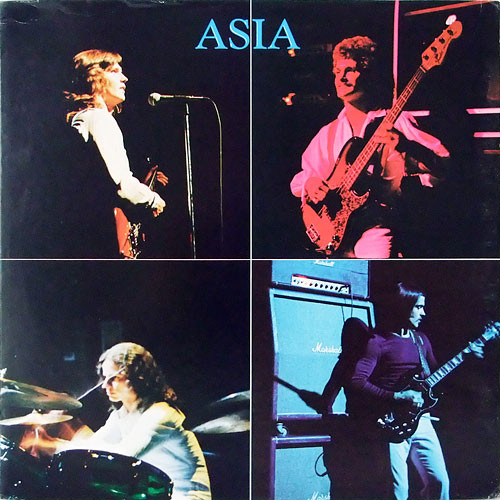
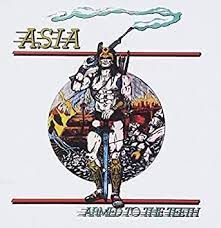
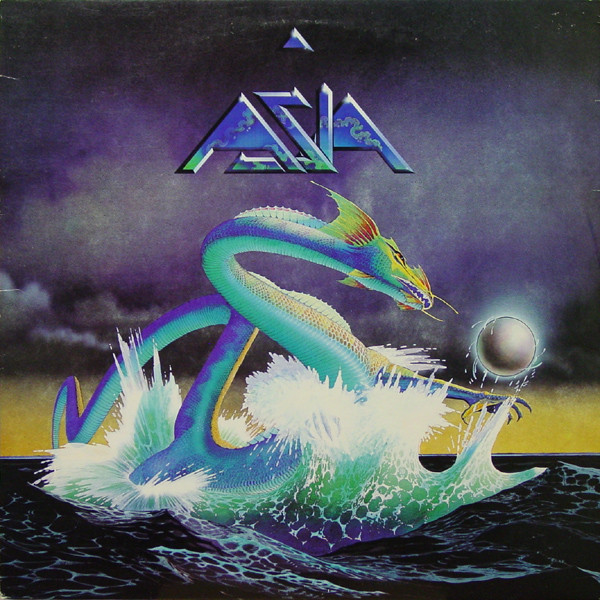
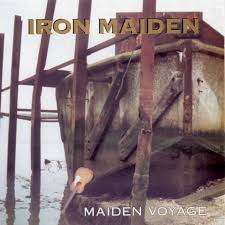
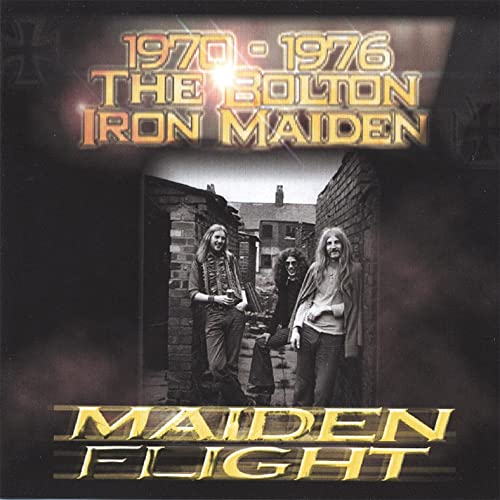
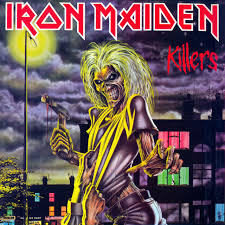
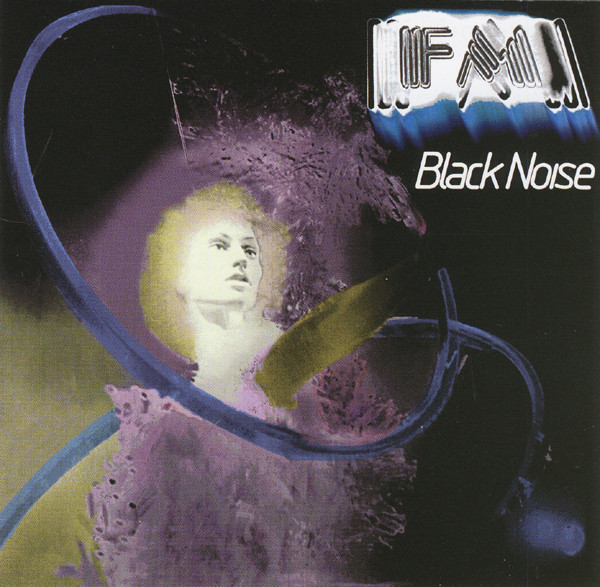
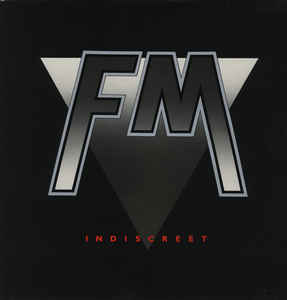
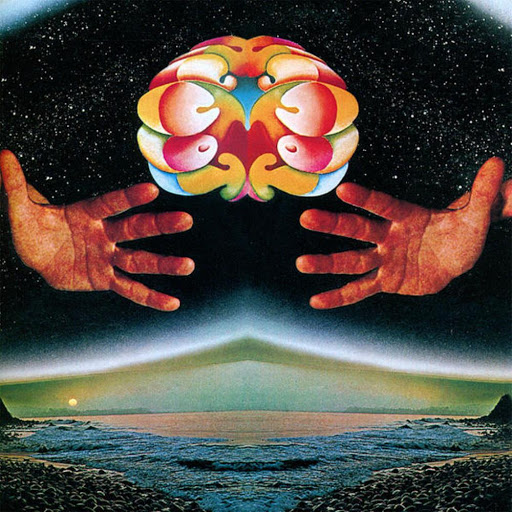
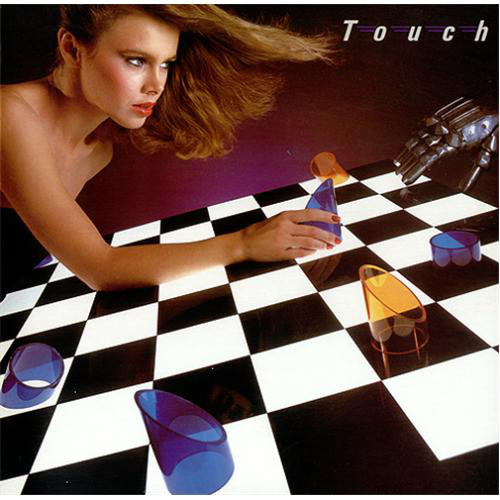
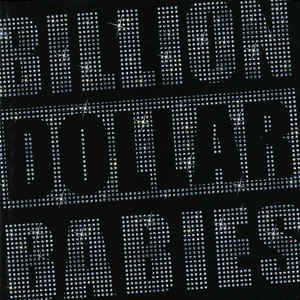
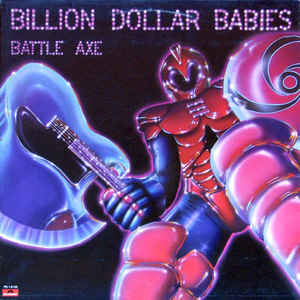
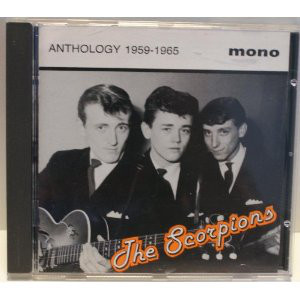
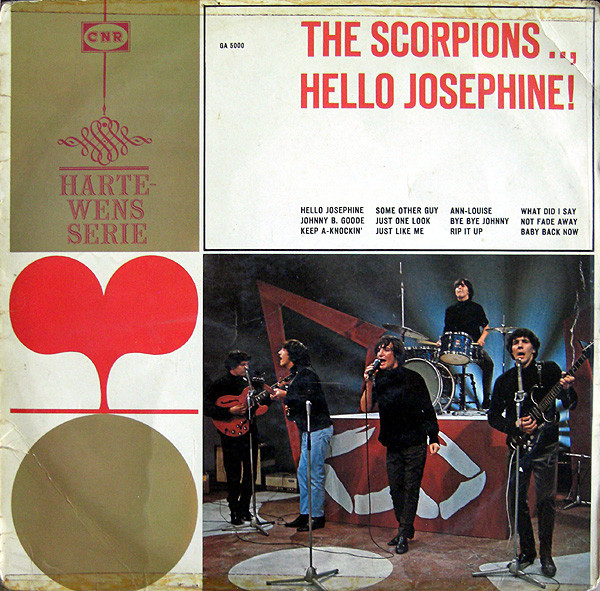
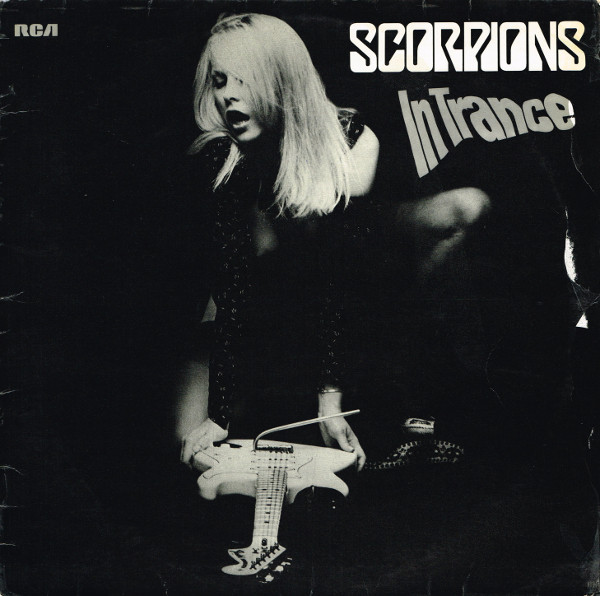
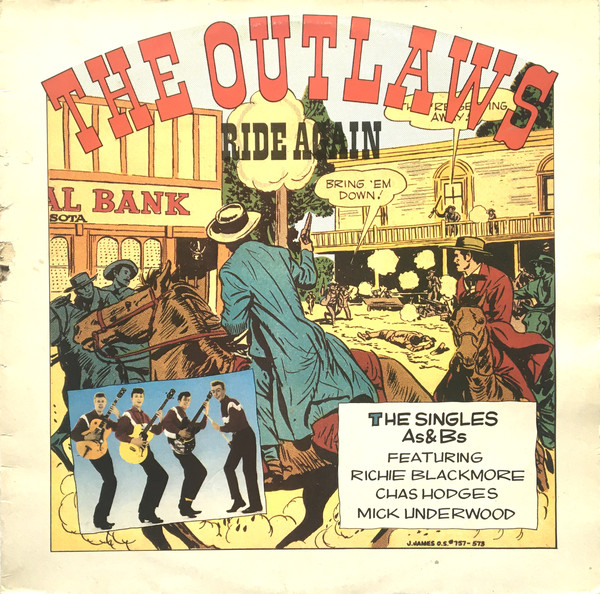
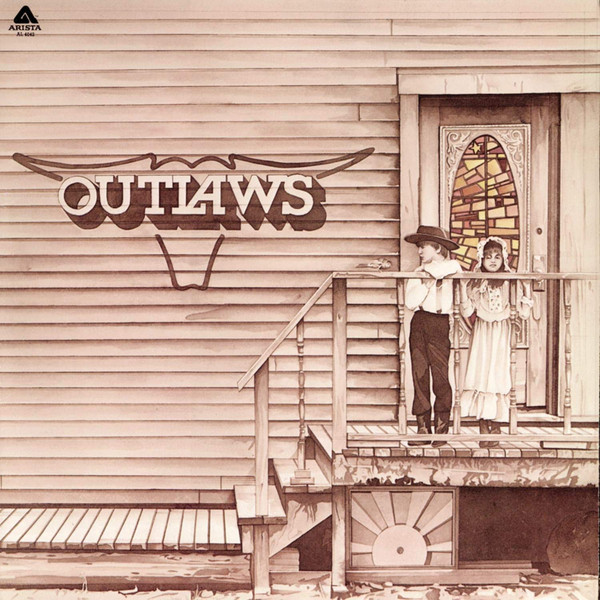
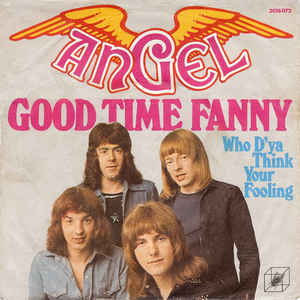
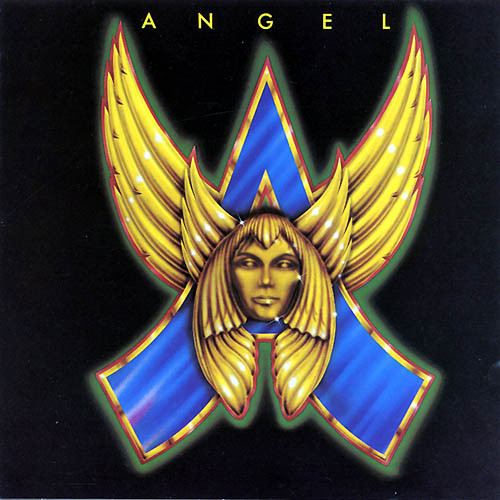
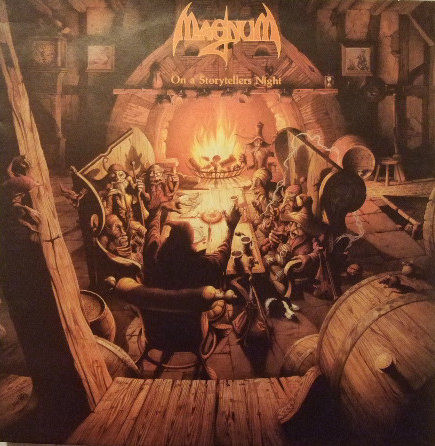
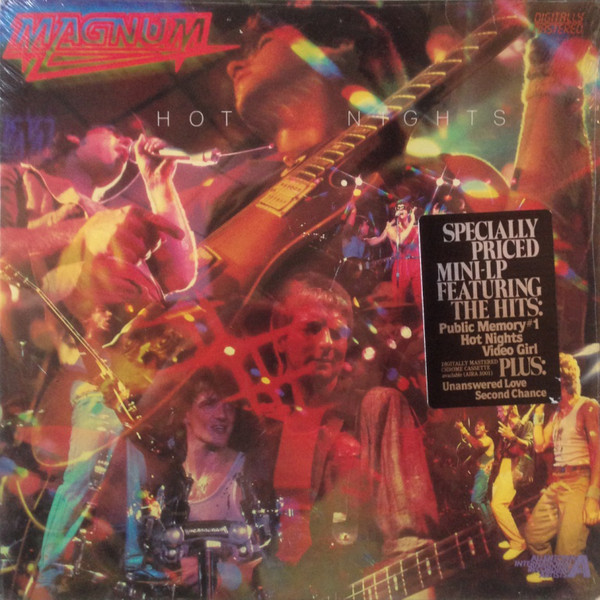
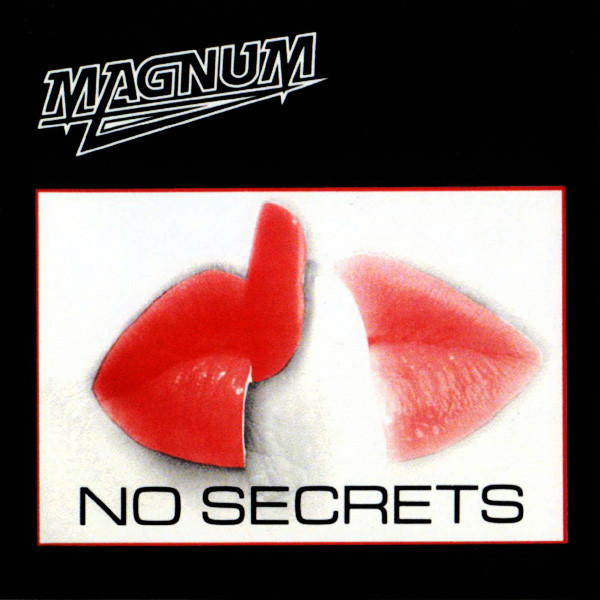
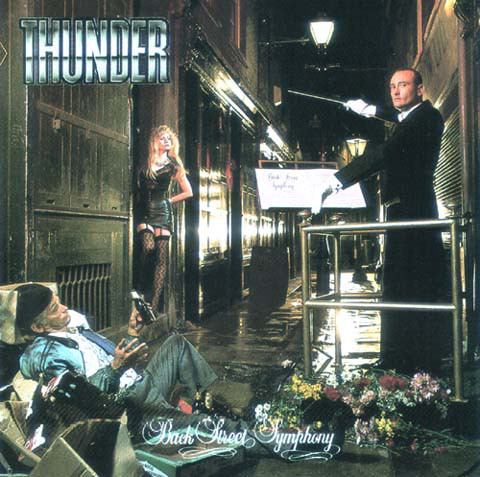
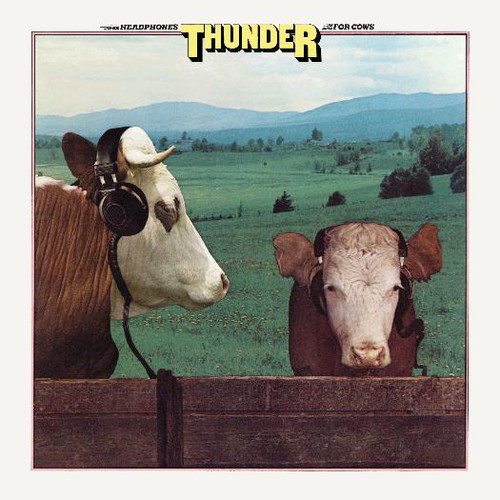
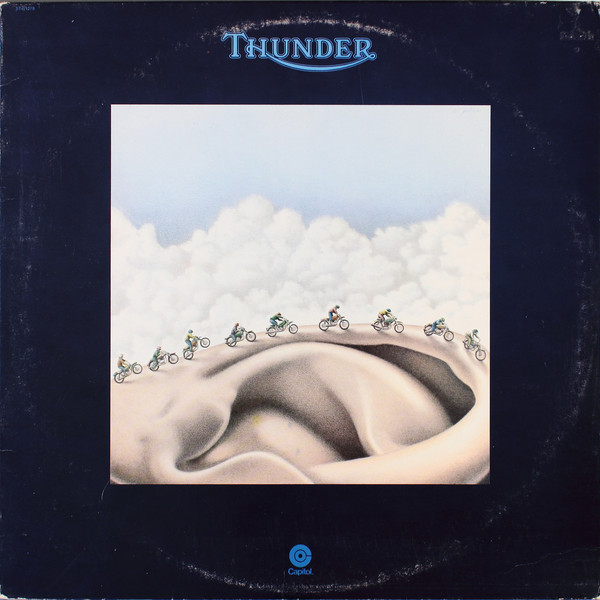
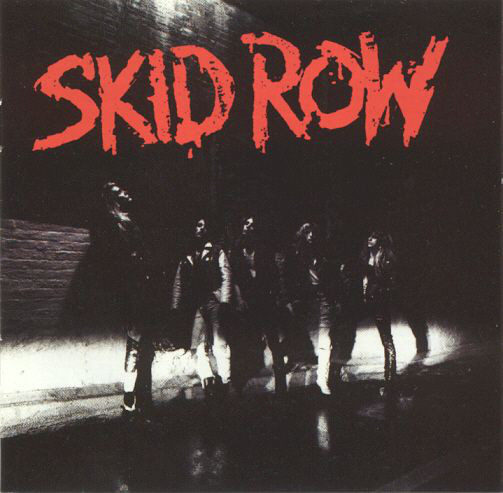
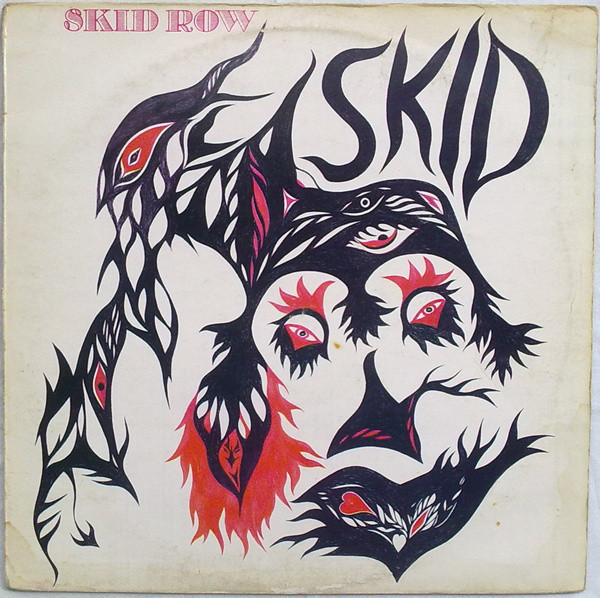
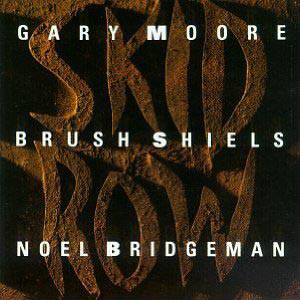
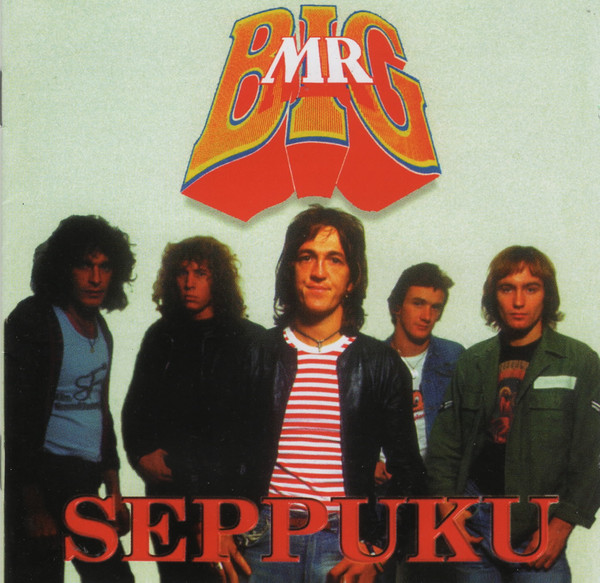
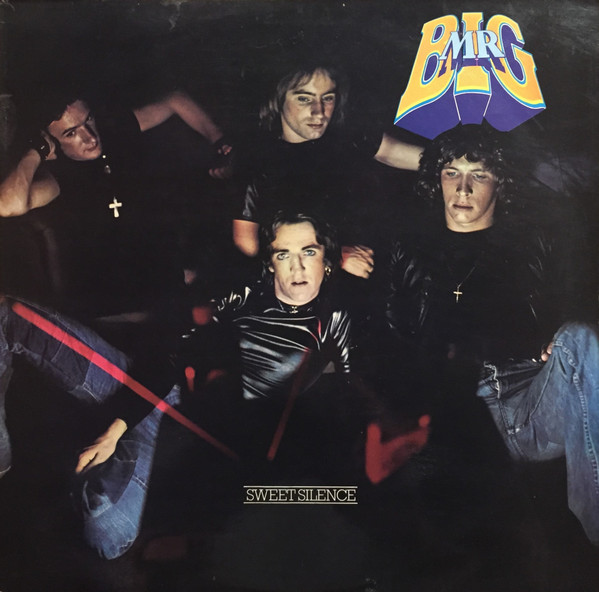
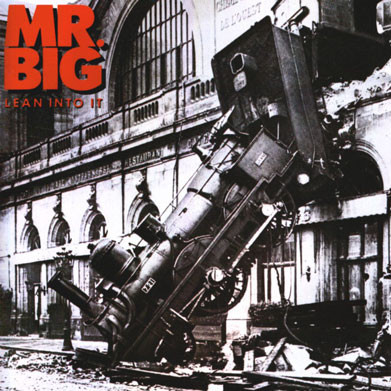
This was a cool post. I learned a lot. I can imagine there are a ton more instances as you say. Back in those days it would’ve been impossible to research if the name was used by someone as there was no internet and would’ve been a very manual process. Can’t wait for another post. Thanks!!
LikeLiked by 1 person
Wow. Great stuff KJ. Never knew about the Scorps and Maiden well actually all of them lol..Great rock history lesson..
LikeLiked by 1 person
Some interesting stories. Check out some of the links i included.
LikeLiked by 1 person
Will do.
LikeLiked by 1 person